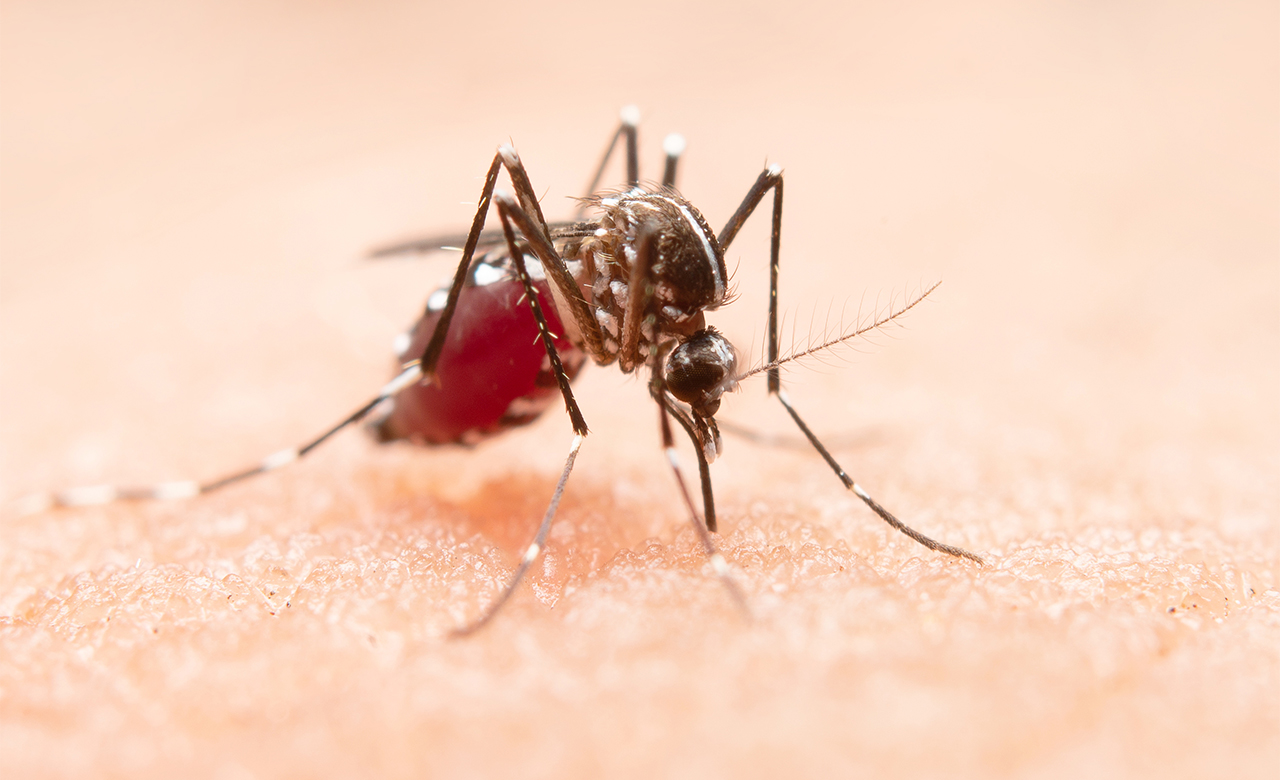In three cities in Colombia’s Aburra Valley, Mosquitoes infected with Wolbachia bacteria may be associated with a 97 per cent drop in dengue infections. Researchers for the non-profit World Mosquito Program, recently released the results at the annual meeting of the American Society of Tropical Medicine and Hygiene.
The World Mosquito Program wants to stop the spread of the life-threatening vector-borne diseases, among them dengue, Zika virus and yellow fever—by dispersing millions of Wolbachia bacteria-infected mosquitoes in areas where these diseases are common.
The Wolbachia bacteria mainly reduces Aedes aegypti mosquitoes’ ability to spread disease. Aedes aegypti is one of the most notorious spreaders of harmful vector-borne diseases.
In the Colombian city of Bello, after a 2015 pilot release, the researchers extended their operations to the close cities of Medellín and Itagua. Even though researchers have conducted experiments like this across the world, these releases marked the program’s largest yet.
Also Read: Battle against mosquito
By April 2022, they found that around 80 per cent of all mosquitoes in Itagui and Bello had been infected by the Wolbachia mosquitoes (through cross-breeding), and around 60 per cent in Medellín.
To find out whether this infiltration had actually impacted dengue levels in the three cities, the researchers estimated the number of cases reported over the course of the releases till July 2022.
They realized that the introduction of the infected mosquitoes into local mosquito populations was connected with a significant reduction in dengue of up to 97 per cent in each city compared to ten years prior to the start of the experiment. They also conducted a case control study in Medellín. There, they said they found a causal connection between the deployment of the infected mosquitoes and reduced cases of dengue.
According to the researchers the results showed a 47 per cent drop in dengue in neighborhoods where the mosquitoes had been released. They added that this was the largest contiguous implementation of these infected mosquito releases. The positive results highlight the operational feasibility and real-world effectiveness, deployment in large urban settings and the reproducibility of the public health benefit across different ecological settings.
Even though the Colombia releases mark the largest yet conducted, World Mosquito Program researchers have been facilitating similar experiments around the world. Previous studies found that in Yogyakarta in Indonesia, dengue cases were reduced through the program’s method by 77 per cent, while in Brazil, the disease burden was reduced by 38 per cent.
Presently Scientists are testing many ways to eliminate vector-borne diseases like dengue. Experts say the one-and-done nature of the World Mosquito Program’s method is an advantage.
Biologist Rafael Maciel de Freitas, who works at the Brazilian Oswaldo Cruz Foundation said that, once you introduce the Wolbachia mosquitoes into the native mosquito populations, they remain there and you don’t have to release more mosquitoes.
Also Read: Ailing research
However, Freitas told that this method won’t work forever, given the high possibility the dengue pathogen will find a way to adapt to—and circumvent—the Wolbachia bacteria. The virus will most probably find a way to overcome the Wolbachia effect. I wouldn’t say the Wolbachia method is the solution to dengue, but I think we have a better answer to the disease this way, he added.








